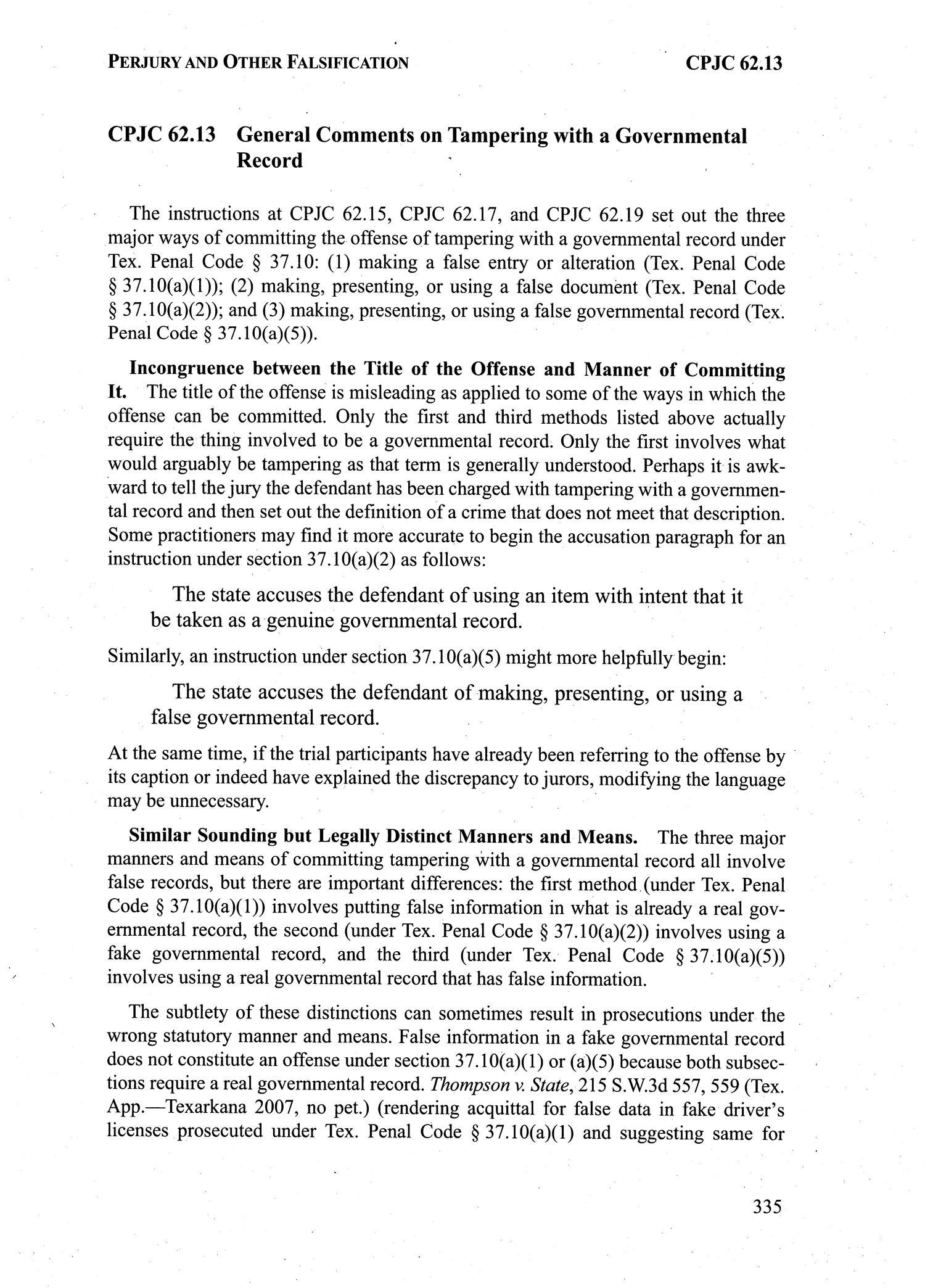Local Health Department Issues Heat Advisory Due To Rising Temperatures

Table of Contents
Understanding the Dangers of Extreme Heat
Extreme heat poses significant health risks, especially for vulnerable populations. Understanding the symptoms and severity of heat-related illnesses is the first step in protecting yourself and your community.
Heat-Related Illnesses
Several dangerous illnesses are directly related to exposure to excessive heat. These include:
- Heat Exhaustion: This is a milder form of heat-related illness, but it can progress to heat stroke if not addressed.
- Symptoms: Heavy sweating, weakness, dizziness, headache, nausea, muscle cramps.
- Heat Stroke: This is a life-threatening medical emergency requiring immediate attention.
- Symptoms: High body temperature (above 103°F), rapid pulse, confusion, seizures, loss of consciousness. Seek immediate medical attention if you suspect heat stroke.
- Heat Cramps: These are painful muscle spasms that often occur during strenuous activity in hot weather.
- Symptoms: Muscle pain and spasms, usually in the legs and abdomen.
Vulnerable Populations
Certain groups are more susceptible to heat-related illnesses:
- Elderly individuals: Their bodies may not regulate temperature as effectively.
- Infants and young children: Their bodies are still developing and less efficient at regulating temperature.
- People with chronic illnesses: Conditions like heart disease, lung disease, and kidney disease can increase vulnerability.
- Individuals who are overweight or obese: Excess body fat can impair the body's ability to cool itself.
- People taking certain medications: Some medications can interfere with the body's thermoregulation.
Specific precautions for vulnerable groups:
- Elderly: Check on them regularly, ensure they have access to cool environments and hydration.
- Infants & Children: Never leave them unattended in vehicles, dress them in lightweight clothing, and monitor their hydration closely.
- Chronically Ill: Follow medical advice carefully and take extra precautions to avoid overheating.
Heat Index and its Significance
The heat index combines air temperature and relative humidity to communicate the perceived temperature—how hot it actually feels to the human body. High humidity reduces the body's ability to cool itself through sweating, leading to a higher heat index than the actual air temperature. Check your local weather forecast for the heat index. You can find reliable heat index information at [link to reliable weather source, e.g., NOAA].
Precautions and Safety Measures During a Heat Advisory
Staying safe during a Heat Advisory requires proactive measures to protect yourself from the dangers of extreme heat.
Staying Hydrated
Hydration is crucial to combatting the effects of heat. Drink plenty of water throughout the day, even before you feel thirsty.
- Avoid sugary and alcoholic drinks: These can actually dehydrate you further.
- Hydration Strategies: Carry a water bottle, set reminders to drink water, and consume hydrating fruits and vegetables.
Seeking Cool Environments
Spending time in air-conditioned spaces is essential during a heat advisory.
- Utilize Air Conditioning: Libraries, malls, community centers, and movie theaters offer respite from the heat.
- Strategic Fan Placement: Fans can help circulate air, but they are not a substitute for air conditioning, especially in extreme heat.
- Cooling Strategies at Home: Use curtains or blinds to block out sunlight, take cool showers or baths.
Protecting Yourself Outdoors
Limit outdoor activities during the peak heat hours (typically 10 a.m. to 4 p.m.).
- Wear appropriate clothing: Light-colored, loose-fitting clothing and a wide-brimmed hat will help protect you from the sun.
- Use sunscreen: Apply sunscreen with a high SPF (at least 30) to protect your skin from sunburn.
- Other Outdoor Protections: Wear sunglasses, take frequent breaks in the shade.
Responding to Heat-Related Illnesses
Recognizing the symptoms of heat exhaustion and heat stroke is vital for prompt action.
Recognizing the Symptoms
(Reiterate symptoms of heat exhaustion and heat stroke from the previous section.)
First Aid Measures
- Heat Exhaustion: Move the person to a cool place, give them fluids (water or electrolyte drinks), and loosen their clothing.
- Heat Stroke: This is a medical emergency. Call emergency services (911 or your local equivalent) immediately. While waiting for help, move the person to a cool place, remove excess clothing, and try to cool them down with cool cloths or a fan.
Seeking Immediate Medical Help
Call emergency services immediately if someone exhibits symptoms of heat stroke. Early intervention is crucial in preventing severe complications or even death.
Conclusion
The local health department's Heat Advisory highlights the serious risks associated with extreme heat. By understanding the dangers, taking preventative measures, and knowing how to respond to heat-related illnesses, you can protect yourself and your loved ones. Remember to stay hydrated, seek cool environments, and limit strenuous outdoor activities during the hottest parts of the day. Stay informed and heed the warnings issued by your local health department regarding future Heat Advisories and extreme heat warnings. Your health and safety are paramount. Take action now to protect yourself from the dangers of this heat wave.

Featured Posts
-
 Deja Kellys Buzzer Beater Undrafted Rookie Steals The Show In Aces Preseason Game
May 13, 2025
Deja Kellys Buzzer Beater Undrafted Rookie Steals The Show In Aces Preseason Game
May 13, 2025 -
 Salman Khans R2 Crore Box Office Bomb A Career Defining Failure
May 13, 2025
Salman Khans R2 Crore Box Office Bomb A Career Defining Failure
May 13, 2025 -
 Empate Sin Goles Cronica Del Partido Atalanta Vs Venezia
May 13, 2025
Empate Sin Goles Cronica Del Partido Atalanta Vs Venezia
May 13, 2025 -
 Texas Attorney General Demands Plano Isd Release Epic City Documents
May 13, 2025
Texas Attorney General Demands Plano Isd Release Epic City Documents
May 13, 2025 -
 Seeking A Professorship In Fine Arts Focused On Spatial Concepts
May 13, 2025
Seeking A Professorship In Fine Arts Focused On Spatial Concepts
May 13, 2025
